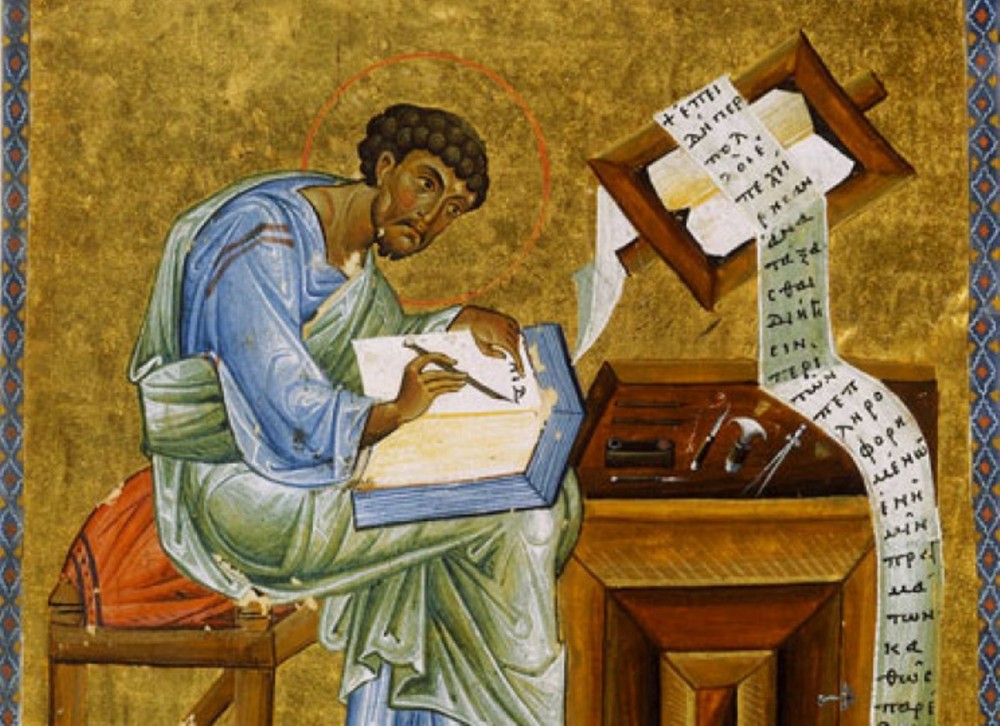
The article examines the formation and first stage of Byzantine literature in the Late Antiquity (IV-V c.) in the context of phenomenological highlighting its genre and textual features. However, the author illuminates the spiritual and ideological orientations and ethical priorities of Byzantine literary tradition, the most famous Byzantine analyzes the works of early writers, poets, historians, theologyans and polemicists. In line with the characteristics of the phenomenon of Byzantine literature during its formation and the first archetypal stages of development undertaken in the light of major general historical events that took place in the Eastern Roman Empire (Byzantium) from its founding to the era of to the board Theodosius II Younger, the author also examines the main types and forms of contemporary Byzantine literature, their aesthetic orientation and Orthodox didactics. Finally, on the basis of civilized society in the Byzantine era highlighted, the author exposes the essential component analysis Byzantine literature, which for centuries had a predisposition to certain social and religious transformation and change in ideological and motivational principles aimed at building a well-established vectors of official imperial culture. In addition, author in an article focuses on differences of Late pagan literature of early Christian writings. In particular, he notes that Christian rhetoric-sophists tried to build on the ruins of pagan new content, but the shape on the base of the old culture. In a typical example highlights the role of activity the school of Gaza, where for IV-VI centuries blossomed and developed the same genre that successfully developed in the old pagan schools. When creating works of Christian content and direction rhetoric hazka school filled their comparisons with the heroes of Greek mythology and historical details of classical pagan times. On the other hand, the author stresses that the process of assimilation originally Christian literature genre forms and methods, verbal expression have been developed pagan literature, and the gradual break it most clearly observed in Christian poetry in definite period. Next Byzantine Orthodox development — both ecclesiastical and secular — literature in all its genres differences occurred in aligning most common ancient literary models focused on strengthening the spiritual and philosophical, moral and ethical priorities, common in the Byzantine (Eastern Roman) society.
Source: Bodnariuk B. (2015) Formation Characteristics and Traditions in Literature Byzantium IV – First Half of V Centuries. Sumy Historical and Archival Journal. XXV: 75-86
Source web-site: https://shaj.sumdu.edu.ua/data/25_2015/9-Bodnariuk.pdf
Number of views: 436